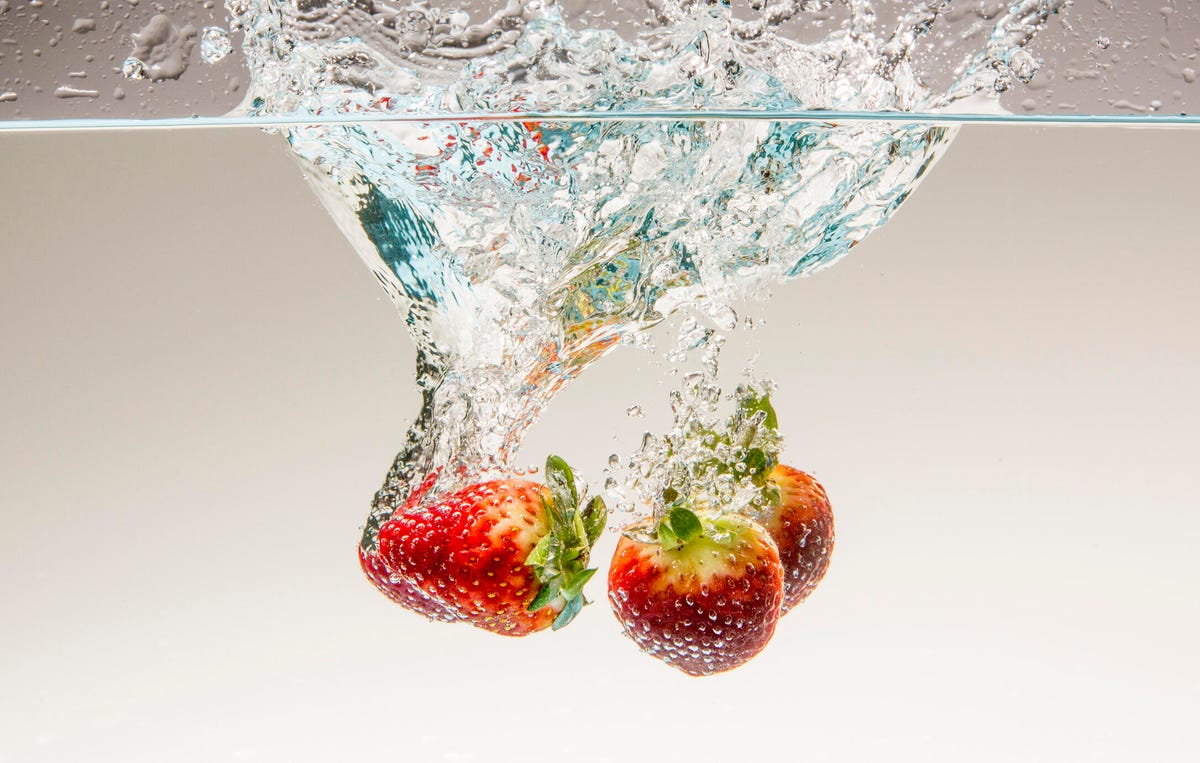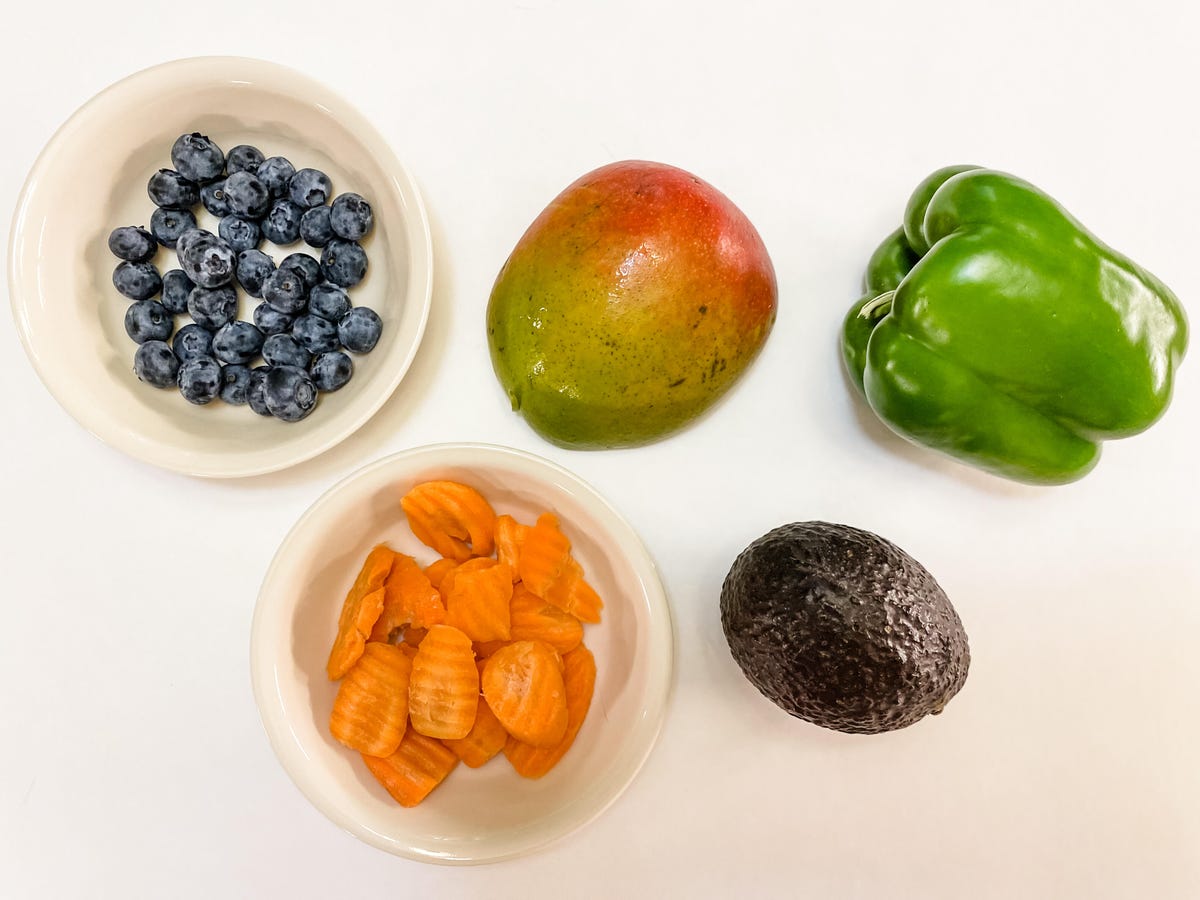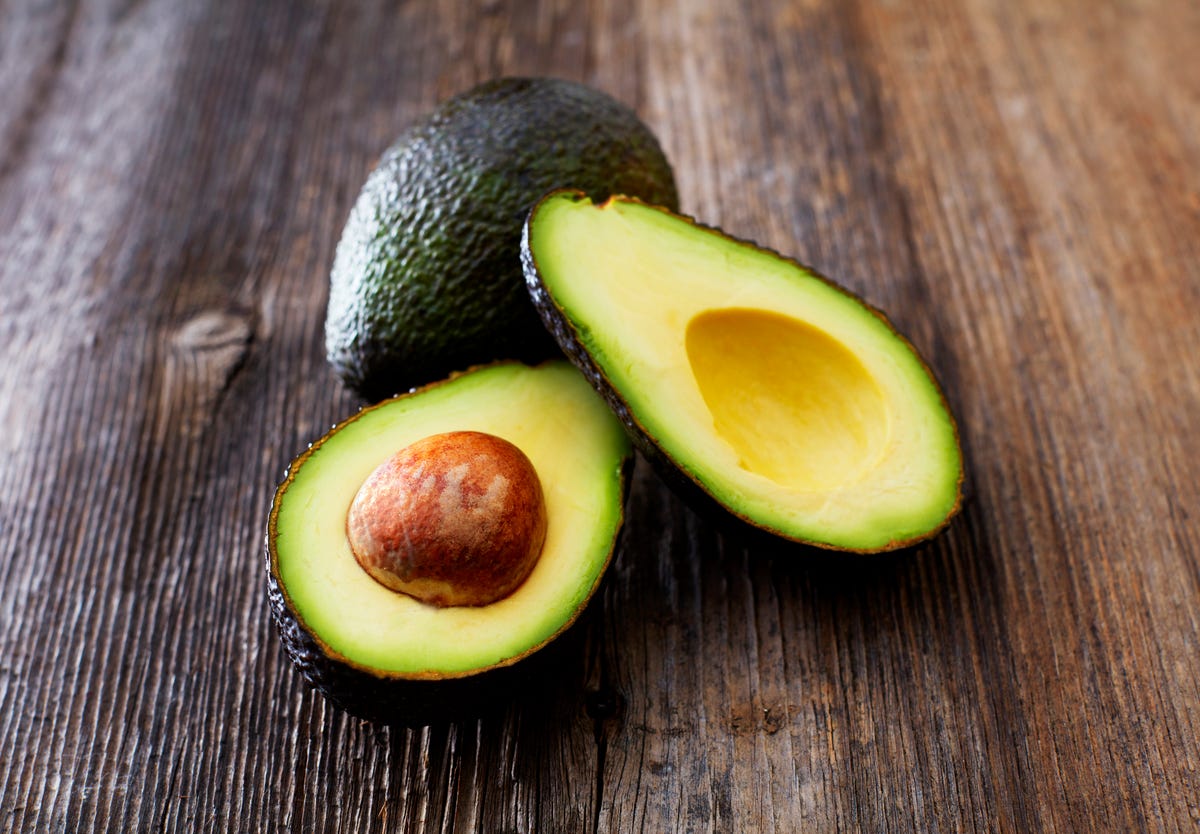The 12 Fruits and Vegetables You Should Really Wash Before Eating

[ad_1]
Buying organic food products it’s not as expensive as it used to be, but there’s still a significant price spike from non-organic meat and produce. If you’re going to buy some but not all organic, do it wisely. There are fruits and vegetables that are more likely to contain pesticides than others, so buying their pesticide-free versions will give you more bang for your organic dollar and keep more harmful chemicals off your dinner plate.
To help you decide which foods you should buy organic and which might be okay not to, the food safety nonprofit Environmental Working Group produces an annual list of the foods most likely to contain pesticides, called the Dirty Dozen “.
To do this, the group analyzed 46,569 samples of 46 fruits and vegetables tested by the US Food and Drug Administration and the Department of Agriculture.
The No. 1 pesticide offender in the group’s latest survey? strawberries. More instances of agricultural chemicals were found in these popular red berries than in any other fruit or vegetable included in the study.

Strawberries are the produce most likely to contain pesticides, according to the study.
Fruits and vegetables are considered some of the healthiest foods, but they are also the most prone to pesticides that are used to protect against invasive animals and diseases during cultivation. In fact, nearly three-quarters of all non-organic produce has detectable levels of pesticides by the time it reaches yours supermarket shelves or grocery delivery orderAccording to study.
Foods that do not have a natural skin or have an edible skin, such as apples, vegetables, and berries, are more likely to contain pesticides. Pieces of produce with the skin often removed, such as avocados and pineapples, are much less likely to be tainted.
Below you’ll find the 12 foods most likely to contain pesticides and the 15 foods least likely to be contaminated.
The Dirty Dozen
Foods Most Likely to Contain Pesticides, According to FDA and USDA Data.
- strawberries
- spinach
- Cabbage, green cabbage and mustard
- Peaches
- Pears
- Nectarines
- Apples
- grapes
- Beans and chili peppers
- cherries
- Blueberries
- Green beans

Strawberries, spinach and kale are foods that you would be wise to wash thoroughly before consumption.
The Dirty Dozen is a good indicator designed to alert consumers to the fruits and vegetables that most need a thorough washing. Even a quick water rinse or spray produce wash helps.
You can also avoid much of the potential risk by buying certified organic fruits and vegetables which are free from the use of pesticides in agriculture. Knowing which foods are more likely to contain pesticides can help you decide where to spend a little more money on organic produce. And as I learned in price analysis of organic and non-organic productsthey are not as expensive as you think.

It doesn’t always make sense to splurge on organic products.
More takeaways from the Dirty Dozen survey
- More than 90% of samples from strawberries, apples, cherries, spinach, nectarines and grapes tested positive for residues of two or more pesticides.
- A total of 210 different pesticides were found on Dirty Dozen items.
- Of those 210, over 50 different pesticides were found in every crop on the list except cherries.
- Cabbage, cabbage and mustard, as well as chili peppers and bell peppers had the most pesticides detected of any crop, with a total of 103 and 101 pesticides, respectively.
Conversely, the EWG found these 15 fruits and vegetables at least likely to contain pesticides.

Foods with a natural protective coating are much less likely to contain potentially harmful pesticides.
The clean 15
These are the fruits and vegetables least likely to contain pesticides, according to the study:
- avocado
- Sweet corn
- Pineapple
- onion
- papaya
- Sweet Peas (frozen)
- Asparagus
- Honeydew melon
- Kiwis
- cabbage
- mushrooms
- Mango
- Sweet potatoes
- watermelon
- carrots
The EWG methodology includes six measures of pesticide contamination. The analysis focuses on which fruits and vegetables are most likely to contain one or more pesticides, but does not measure how much of each pesticide is on any given portion of produce. You can read more about EWG’s Dirty Dozen in the published study here.
[ad_2]




